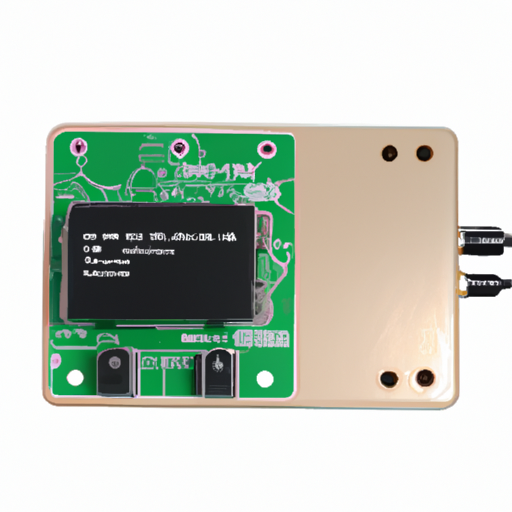

Chip resistors are a common electronic component used in circuits such as limiting current, regulating voltage, and dividing voltage. They are small in size, high in power, high in precision, and good in stability, so they are widely used in various electronic devices. The main types of chip resistors are as follows:

2. High-precision chip resistors: The precision of this type of resistor is higher than that of general chip resistors, generally between ±0.1% and ±0.5%. It is usually used in circuits with relatively high resistance requirements, such as precision instruments, test instruments, etc.
3. High-power chip resistor: The power of this type of resistor is greater than that of general chip resistors, generally between 5W and 50W. It is usually used in circuits that need to withstand higher power, such as power supplies, motor control, etc.
4. Ultra-thin chip resistor: This type of resistor is thinner than ordinary chip resistors, generally less than 0.5mm. It is usually used in circuits with high space requirements, such as mobile phones, tablets, etc.
5. Adjustable chip resistor: This type of resistor can adjust the resistance value by a knob or screwdriver and is used in circuits that require adjustable resistance value, such as volume control, brightness adjustment, etc.
In general, the mainstream types of chip resistors include general type, high-precision type, high-power type, ultra-thin type and adjustable type. Different types of chip resistors are suitable for different circuits and application scenarios. Choosing the right type can improve the performance and stability of the circuit. When selecting a chip resistor, it is necessary to determine parameters such as resistance value, power, accuracy and size according to the specific circuit requirements to ensure the normal operation and stability of the circuit.
Chip resistors are a common electronic component used in circuits such as limiting current, regulating voltage, and dividing voltage. They are small in size, high in power, high in precision, and good in stability, so they are widely used in various electronic devices. The main types of chip resistors are as follows:

2. High-precision chip resistors: The precision of this type of resistor is higher than that of general chip resistors, generally between ±0.1% and ±0.5%. It is usually used in circuits with relatively high resistance requirements, such as precision instruments, test instruments, etc.
3. High-power chip resistor: The power of this type of resistor is greater than that of general chip resistors, generally between 5W and 50W. It is usually used in circuits that need to withstand higher power, such as power supplies, motor control, etc.
4. Ultra-thin chip resistor: This type of resistor is thinner than ordinary chip resistors, generally less than 0.5mm. It is usually used in circuits with high space requirements, such as mobile phones, tablets, etc.
5. Adjustable chip resistor: This type of resistor can adjust the resistance value by a knob or screwdriver and is used in circuits that require adjustable resistance value, such as volume control, brightness adjustment, etc.
In general, the mainstream types of chip resistors include general type, high-precision type, high-power type, ultra-thin type and adjustable type. Different types of chip resistors are suitable for different circuits and application scenarios. Choosing the right type can improve the performance and stability of the circuit. When selecting a chip resistor, it is necessary to determine parameters such as resistance value, power, accuracy and size according to the specific circuit requirements to ensure the normal operation and stability of the circuit.